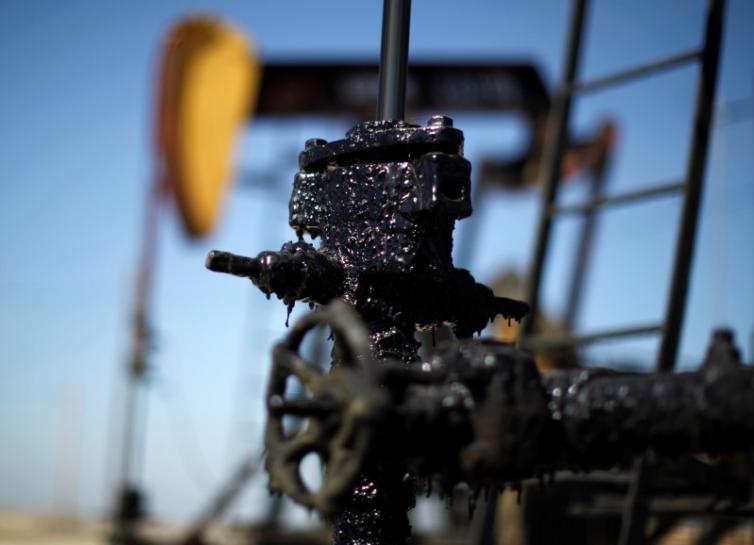Kuwait plans to raise oil-production capacity to as much as 4.75 million barrels a day after 2030 as the OPEC member builds refineries in Asia to process more of its crude, the head of state-run Kuwait Petroleum International Ltd. said.
The Gulf country, which currently can pump up to 3.15 million barrels a day, has plans to increase capacity to 4 million by 2020 and to keep it at that level until 2030, KPI Chief Executive Officer Bakheet al-Rashidi said in an interview with Bloomberg in Istanbul.
KPI’s parent, Kuwait Petroleum Corp. — the company in charge of the nation’s oil production — is considering boosting capacity to 4.75 million barrels a day by 2040, he said.
“This is one of the targets, and it is not approved yet, but we will definitely go beyond 4 million barrels a day starting from 2030,” Rashidi said. To process more Kuwaiti crude, KPI, the international refining arm of KPC, seeks to add or expand processing plants in China, India, Vietnam, the Philippines and Indonesia. “We see growth in these countries, so we will be there.”
Ever since production cuts by OPEC and non-OPEC countries, Kuwait pumped 2.72 million barrels a day in June, making it 90 percent compliant with its output quota under the cuts agreement, the International Energy Agency said Thursday in a report.
KPI plans to be able to refine 800,000 barrels a day outside of Kuwait within five years, including at a plant under construction in Vietnam, Rashidi said. The company wants to expand refining capacity to 1.3 million barrels a day beyond 2030, and Kuwaiti crude will supply at least 65 percent of all of KPI’s new refineries outside Kuwait, he said.
KPI has an initial agreement with Petrovietnam to expand the Vietnam plant’s capacity to 400,000 barrels a day from 200,000 after 2025, and the expansion would include a petrochemical plant, he said. “The future in the business is for big refineries with integrated petrochemical plants,” Rashidi said.
